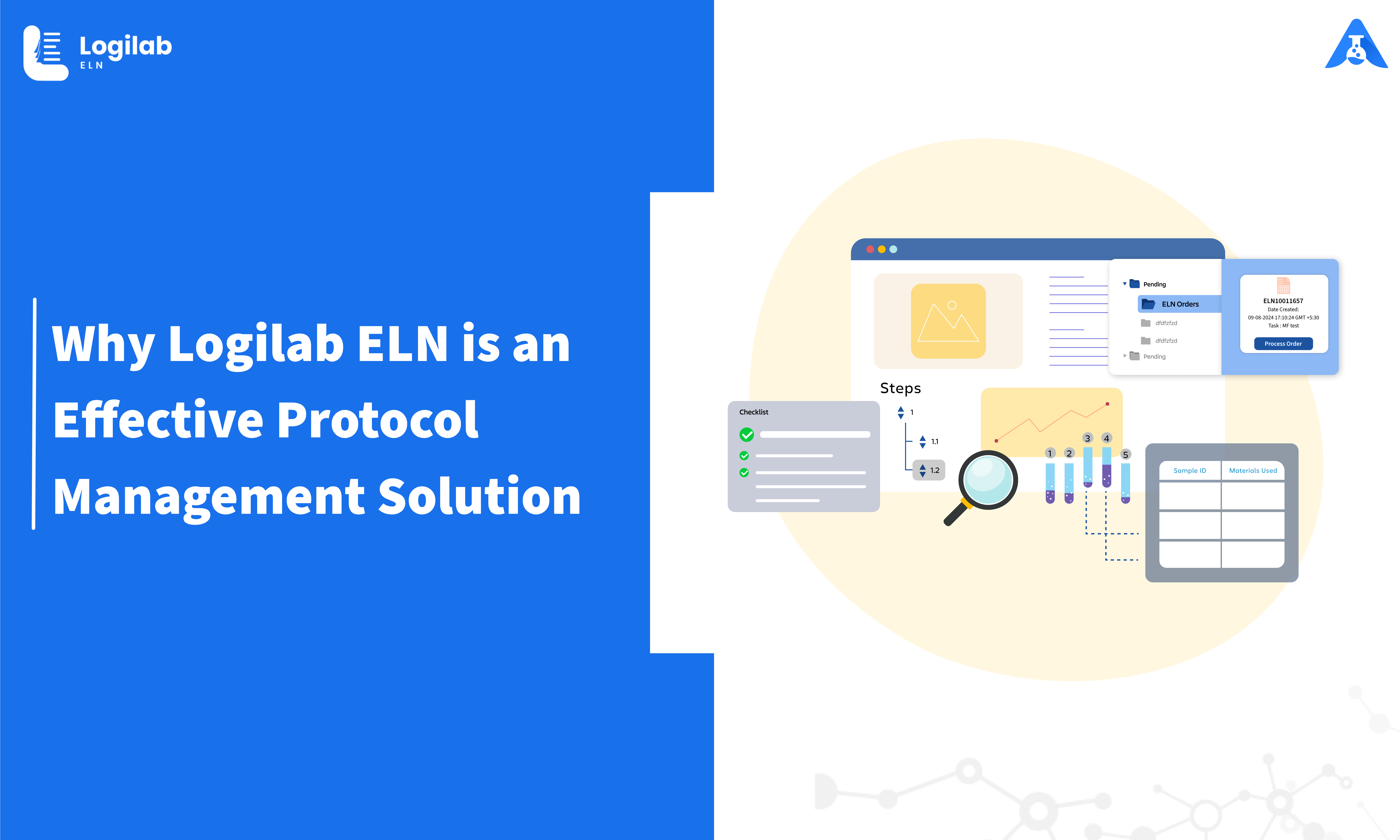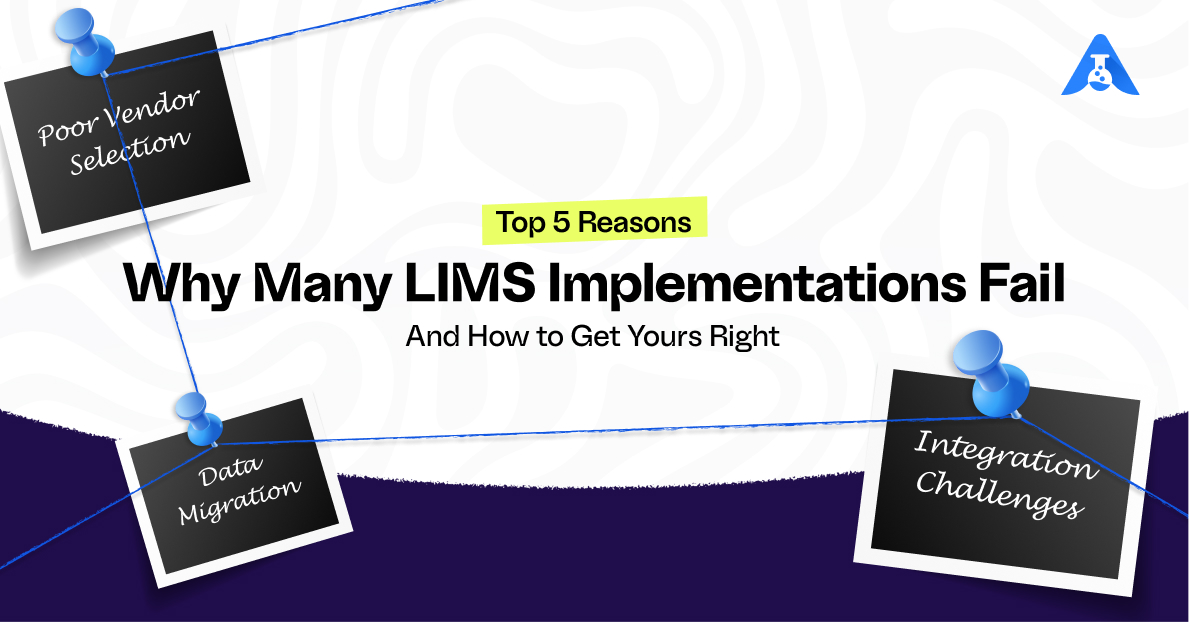Logilab ELN by Agaram Technologies is an Electronic Laboratory Notebook (ELN) designed to manage laboratory protocols among many other functionalities aimed at improving laboratory efficiency, compliance, and data management.
Here is a generalized explanation of how protocols are managed effectively in a system like Logilab ELN, followed by a hypothetical case study to illustrate its practical application.
Managing Protocols in Logilab ELN
Protocol Creation and Storage: Logilab ELN allows for the creation and digital storage of protocols, which can include experimental procedures, safety measures, and quality control steps. These protocols can be easily accessed and followed by laboratory personnel during experiments or procedures.
Version Control: The system maintains version control of all protocols, ensuring that any modifications are tracked and saved as different versions. This ensures that users can access both current and past versions of a protocol, providing a historical context and ensuring reproducibility.
Approval Workflows: Protocols in Logilab ELN can be subjected to an approval workflow, where designated supervisors or quality control personnel must review and approve a protocol before it can be officially used. This ensures compliance with internal and external standards.
Integration with Experiments: Once approved, protocols can be directly integrated into experimental records. Researchers can link the specific protocol they followed in their experiment logs, ensuring traceability and compliance.
Search and Retrieval: The Electronic Laboratory Notebook provides powerful search capabilities, enabling users to easily find and access specific protocols. This feature is particularly useful in large organizations where numerous protocols are in use.
Access Control: Logilab ELN allows for detailed access control settings, ensuring that only authorized personnel can view, edit, or approve protocols. This is crucial for maintaining data integrity and confidentiality.
Hypothetical Case Study: Development of a New Drug Formulation
Background: A pharmaceutical company is in the early stages of developing a new drug formulation. The research team is tasked with conducting experiments to determine the optimal formulation and manufacturing process.
Step 1:
Protocol Creation – A senior scientist creates a detailed protocol for the formulation development process, including material preparation, compound mixing, and analysis methods. This protocol is uploaded to Logilab ELN.
Step 2:
Review and Approval – The protocol is submitted for review through the Electronic Laboratory Notebook’s approval workflow. The research director reviews the protocol, suggests minor modifications, and approves the final version. The approved protocol is then made available to the research team.
Step 3:
Experimentation – Researchers conduct experiments following the approved protocol. They log their work in Logilab ELN, linking to the specific protocol version they used. This ensures that each step of the experiment is traceable and reproducible.
Step 4:
Data Analysis and Iteration – The results are analyzed, and the protocol is refined based on findings. A new version of the protocol is created in Logilab ELN for subsequent experiments. This iterative process continues until the optimal formulation is identified.
Step 5:
Final Review – Once the final formulation is determined, the entire development process, including all versions of the protocol and experimental data, is reviewed by the quality assurance team using Logilab ELN. This comprehensive review ensures compliance with regulatory standards.
Conclusion:
Through Logilab ELN, the company managed to streamline the development of a new drug formulation, ensuring data integrity, compliance, and efficiency throughout the project. By leveraging the ELN’s capabilities for protocol management, the team was able to collaborate effectively, maintain high standards of quality control, and accelerate the development process.
This case study illustrates the potential of Logilab ELN in managing laboratory protocols and enhancing research and development workflows. While specific features and workflows may vary, the principles of effective protocol management in an ELN system are widely applicable across different scientific disciplines and industry sectors.





